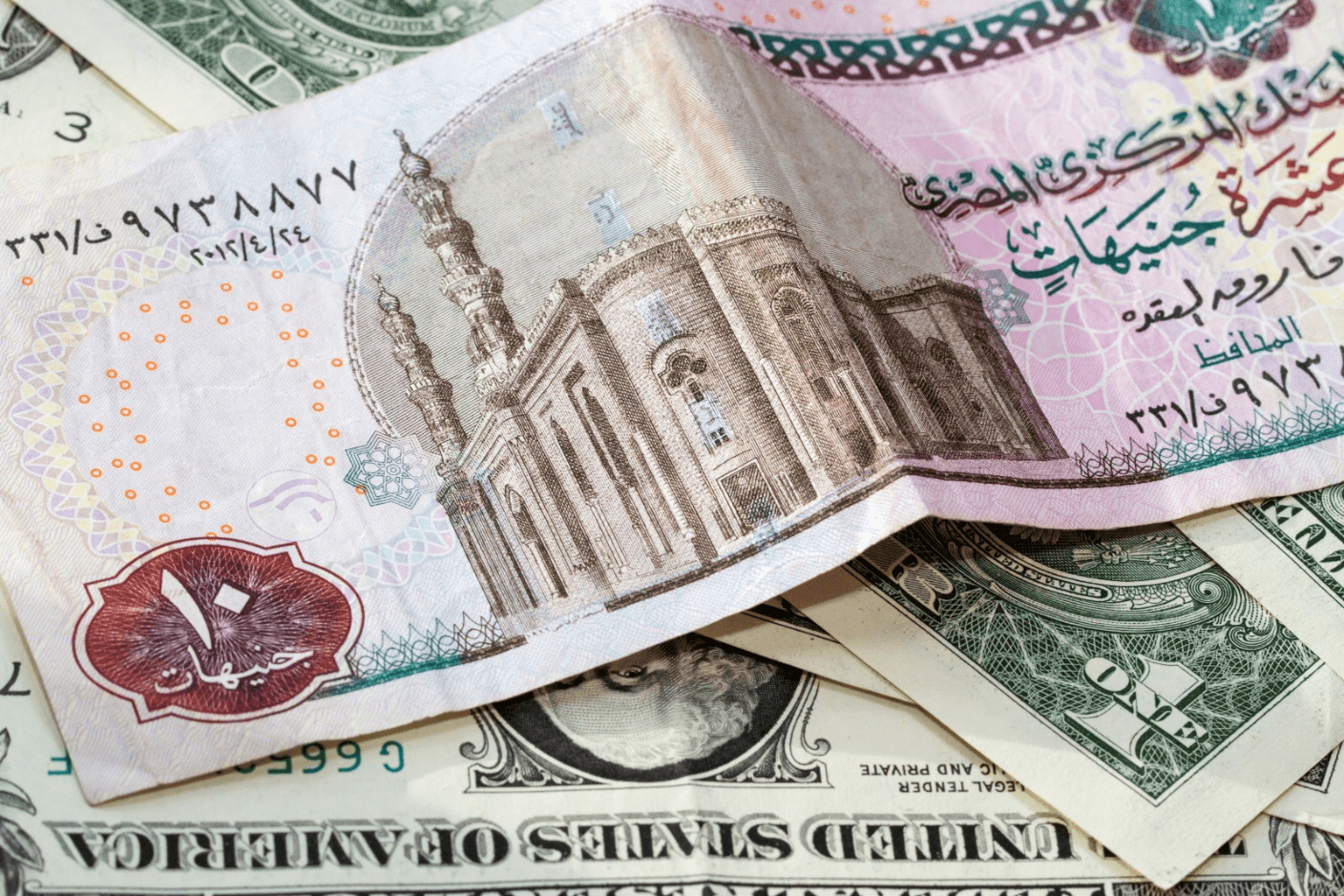
Egyptian Pound Falls to 49.16 Per U.S. Dollar as Metro Fares and Fuel Prices Surge; IMF Approves $820 Million in Aid for Egypt
Fiona Nanna, ForeMedia News
5 minutes read. Updated 11:57PM GMT Wed, 7August, 2024
The Egyptian pound has experienced a significant decline against major foreign currencies, edging closer to 50 pounds per U.S. dollar. This depreciation comes in the wake of recent increases in metro fares and fuel prices across the country.
On Tuesday, the Central Bank of Egypt reported that the exchange rate had reached 49.16 pounds per dollar. This marks a sharp drop from earlier this year when the currency fluctuated between 47 and 48 pounds per dollar following its initial public offering (IPO) in March. Since then, the pound has lost approximately 60% of its value, falling from around 30 pounds per dollar.
The currency’s sharp decline coincides with the International Monetary Fund (IMF) completing its third financial review of Egypt last week. The IMF has authorized Egypt to access $820 million, a portion of the total $8 billion bailout loan. This financial assistance aims to stabilize Egypt’s struggling economy, which has been heavily impacted by a shortage of foreign currency, rampant inflation, and regional instability.
In its recent report, the IMF acknowledged the efforts of Egyptian authorities to stabilize the macroeconomic situation. “Recent efforts by the Egyptian authorities to restore macroeconomic stability have started to show positive results. Inflation remains high but is declining. A flexible exchange rate regime remains the cornerstone of the authorities’ program,” the IMF stated.
Egyptians are currently facing severe inflationary pressures, exacerbated by the recent announcement from the Oil Ministry about a 10% increase in fuel prices. The latest hike follows a similar increase in March, with the government attributing the rises to the growing cost of fuel resulting from attacks in the Red Sea and the depreciation of the pound.
The Red Sea has seen attacks by Yemen’s Houthi rebels, targeting commercial vessels in retaliation for the ongoing conflict in Gaza. These attacks have disrupted the flow of critical goods, including oil, natural gas, and grain, which transit through the sea lanes to the Suez Canal. This strategic waterway handles approximately 12% of global trade.
Additionally, the Cairo Metro fares have also increased, now ranging from 2 to 5 Egyptian pounds. This fare adjustment was announced by the National Tunnels Authority, which oversees the metro system’s operations. The fare hikes are part of broader measures to align with the IMF’s conditions for continued financial support.
In the spring, Egypt reached an agreement with the IMF to more than double the size of its bailout package, which now totals $8 billion. These price increases are a crucial element in meeting the IMF’s requirements for ongoing assistance to the country.
Focus Keyword Phrases:
- Egyptian pound depreciation
- IMF bailout loan Egypt
- Cairo Metro fare increase
- Red Sea attacks impact

